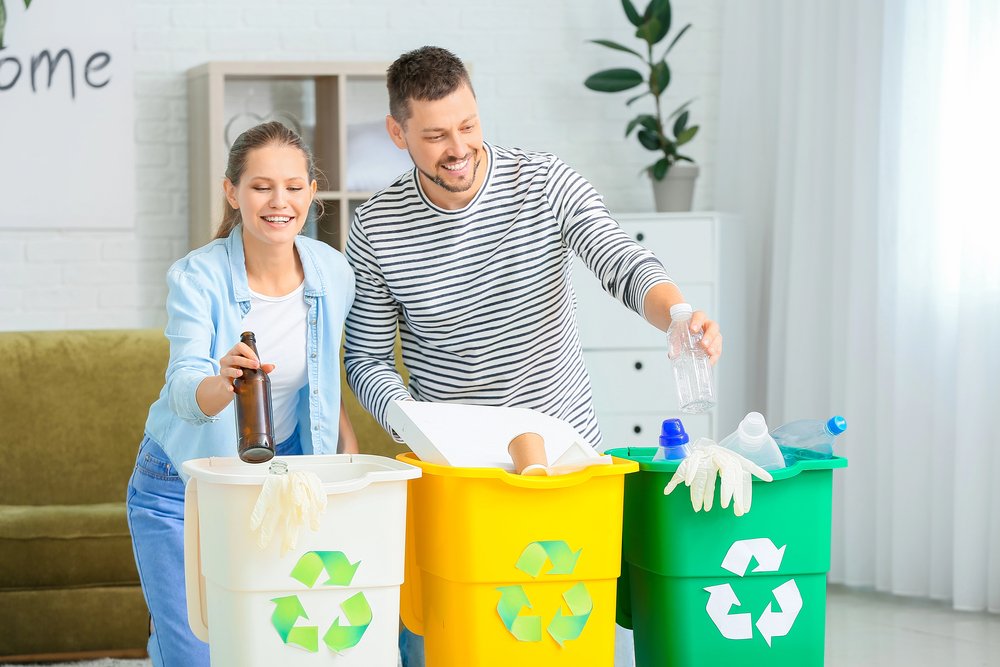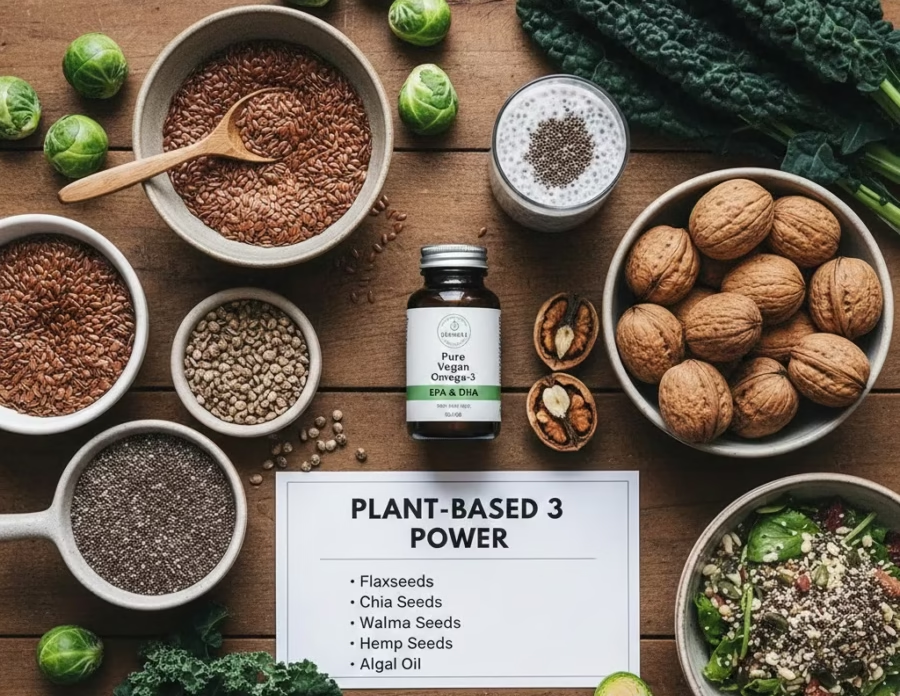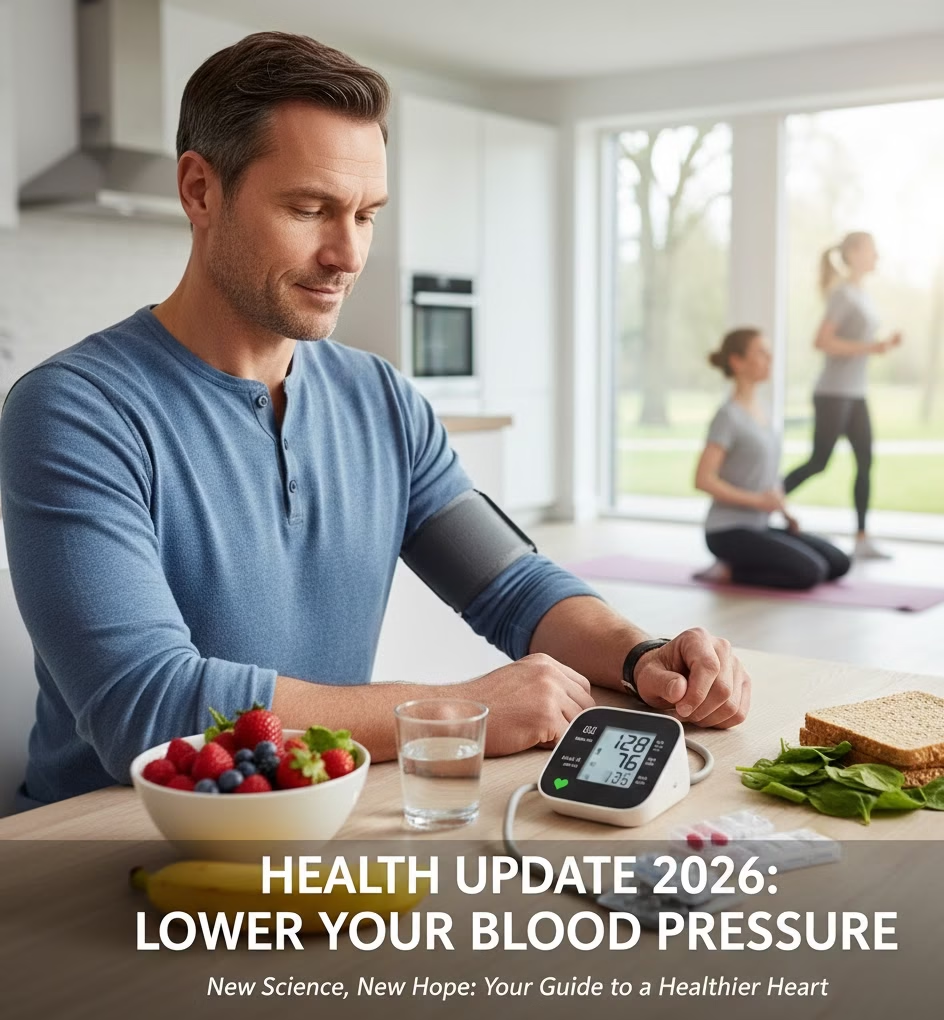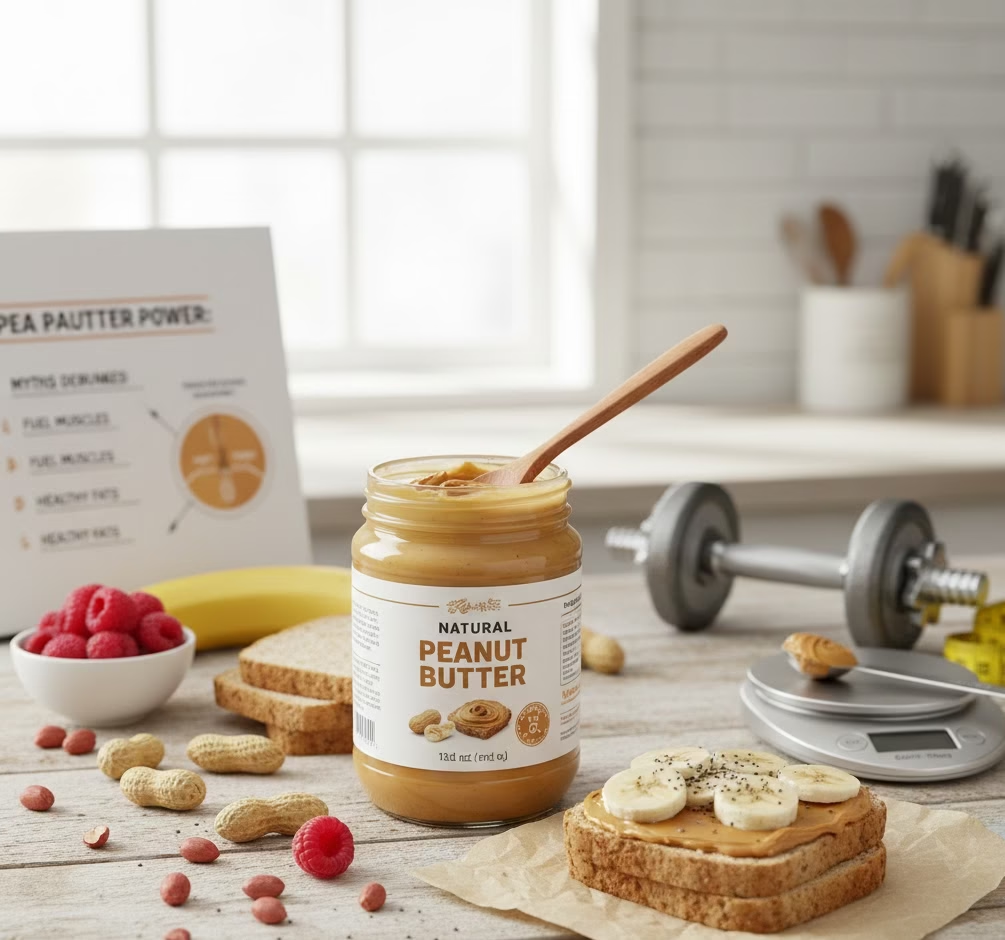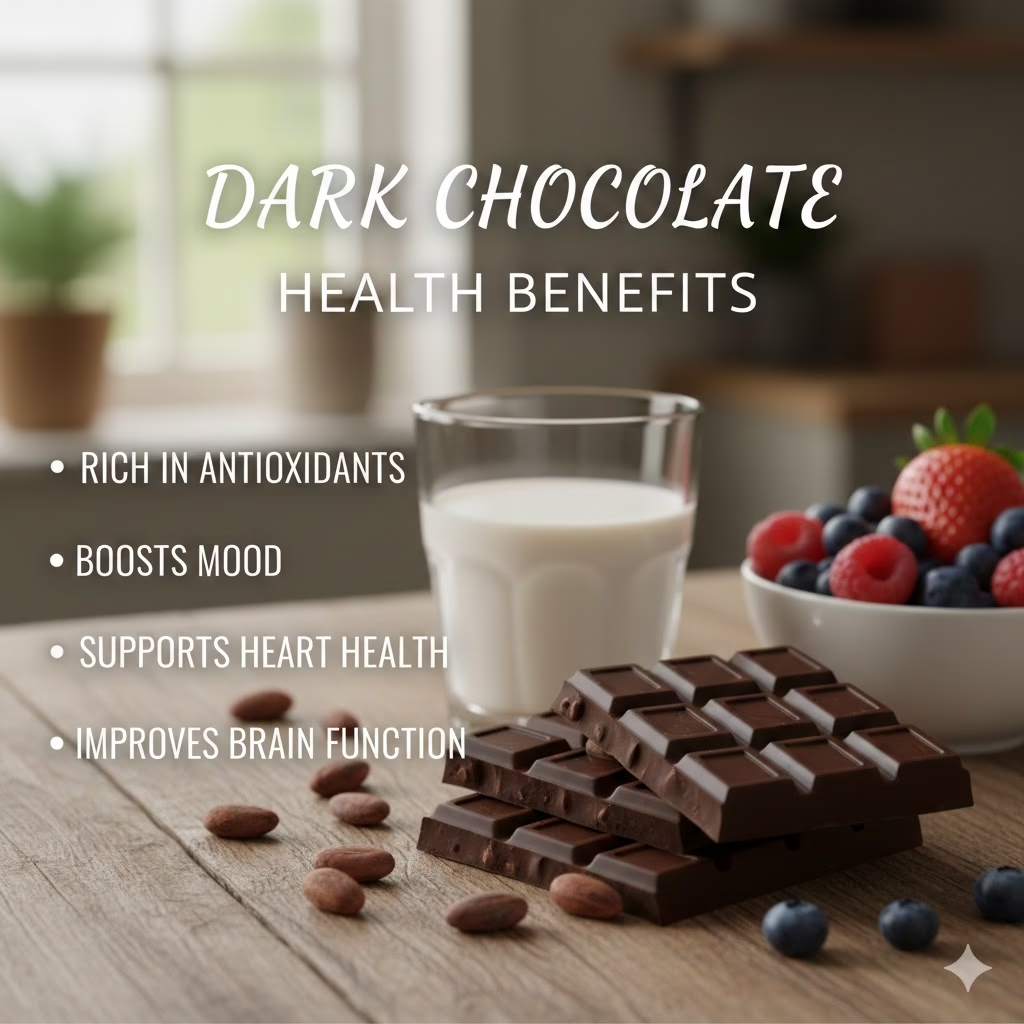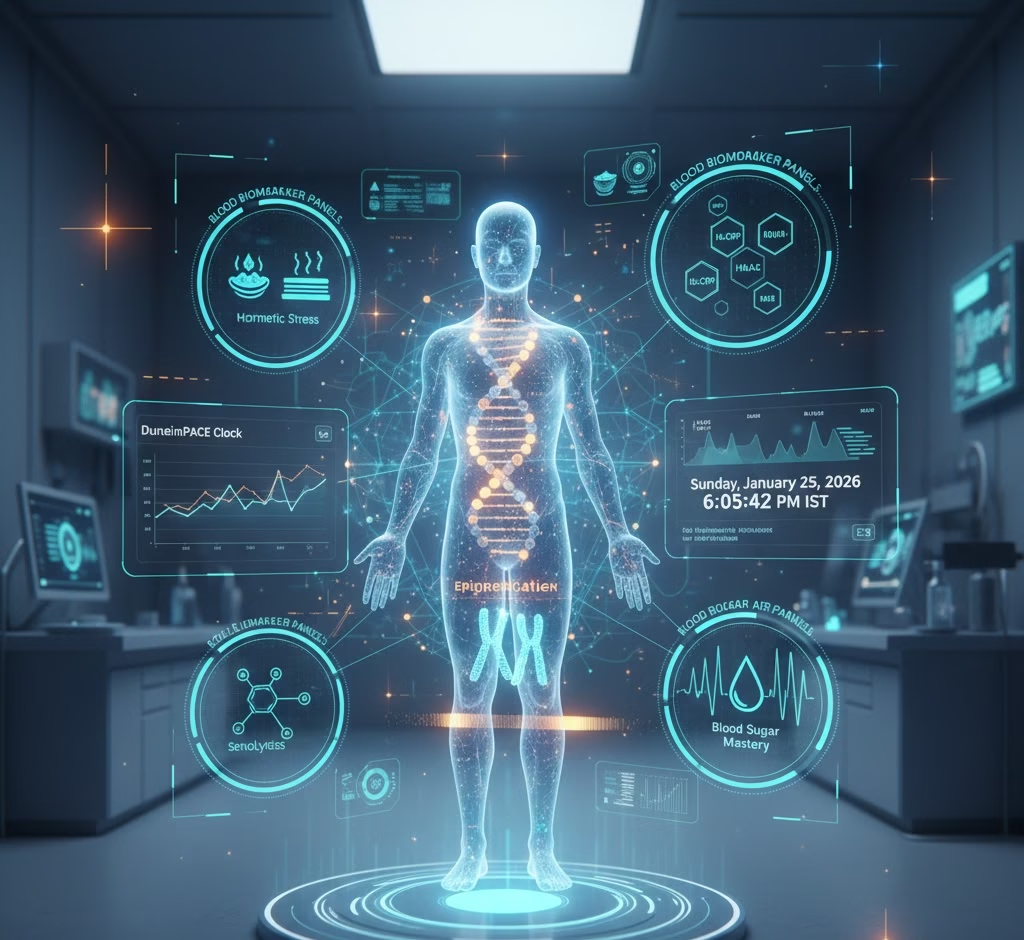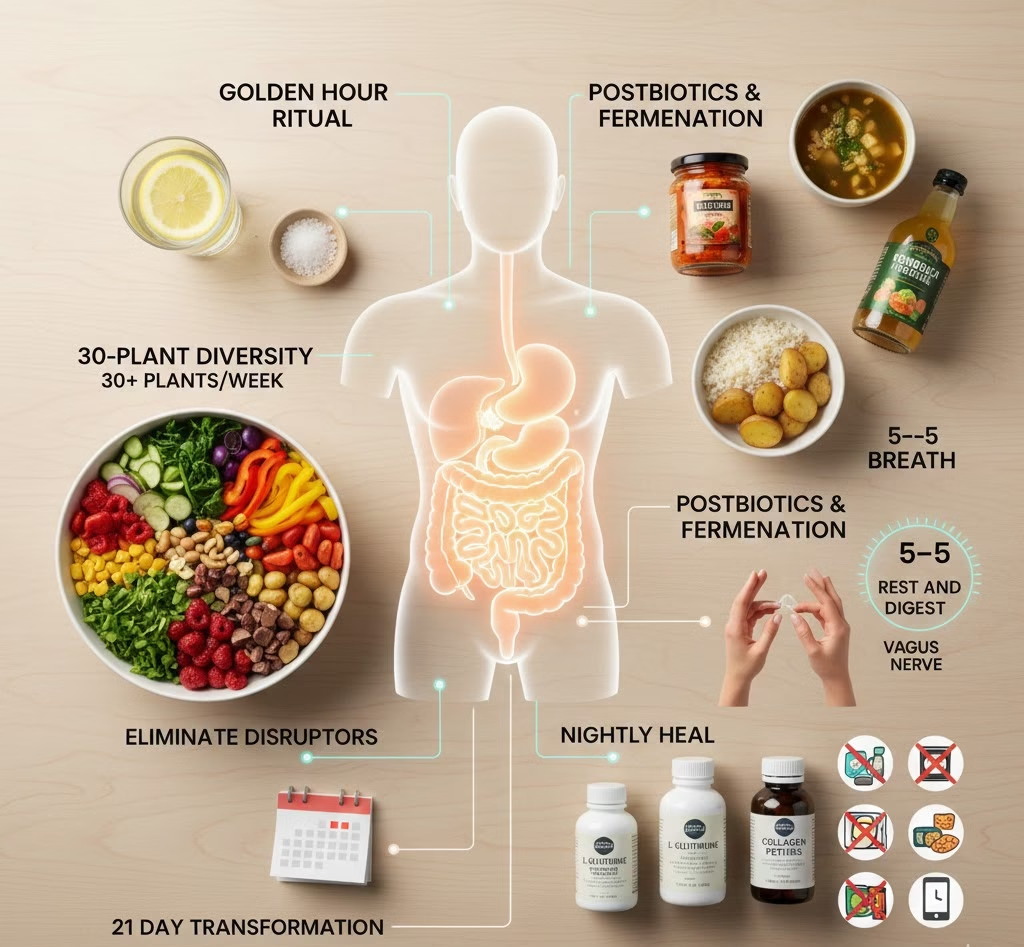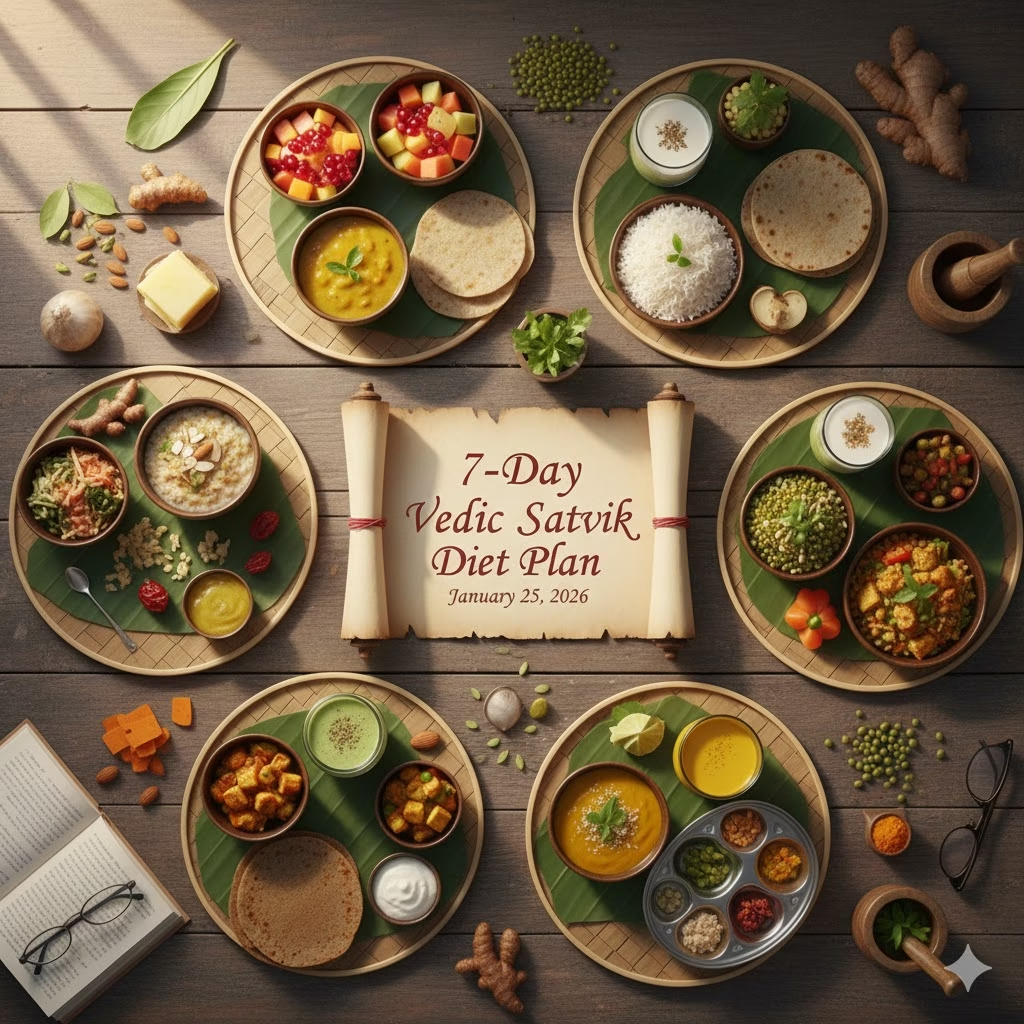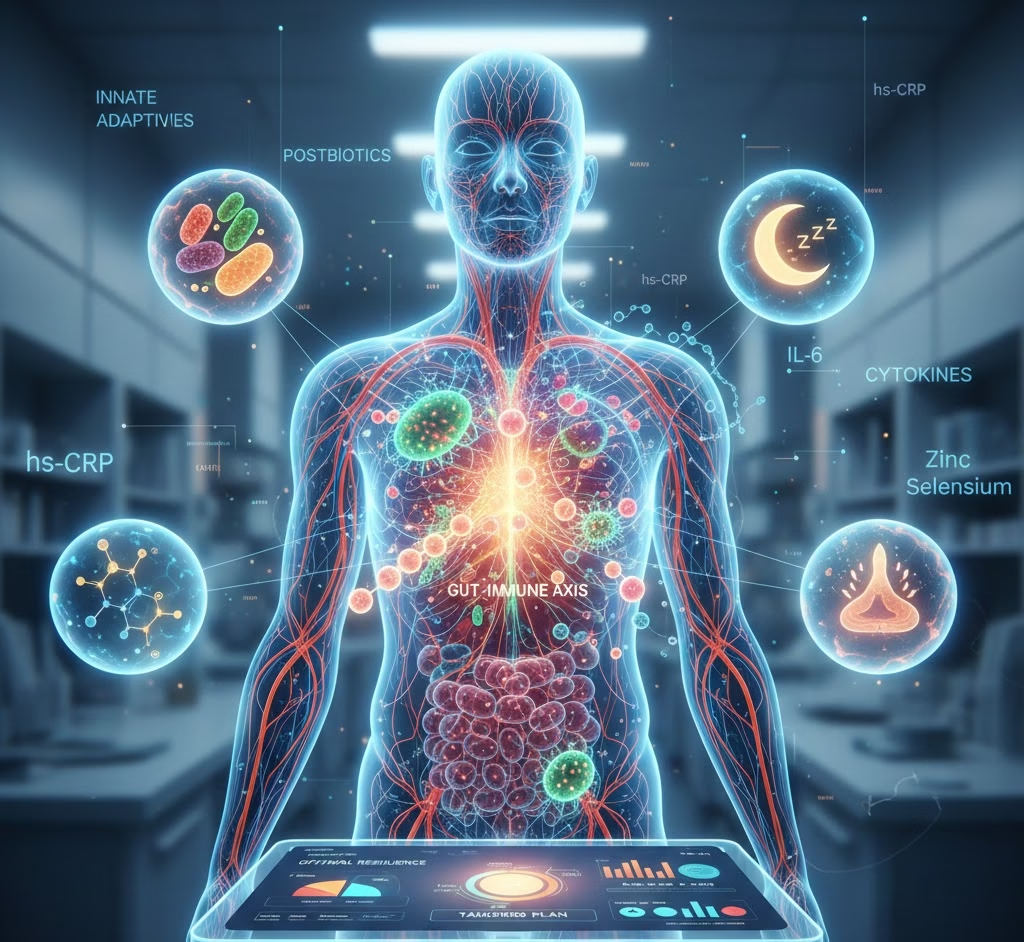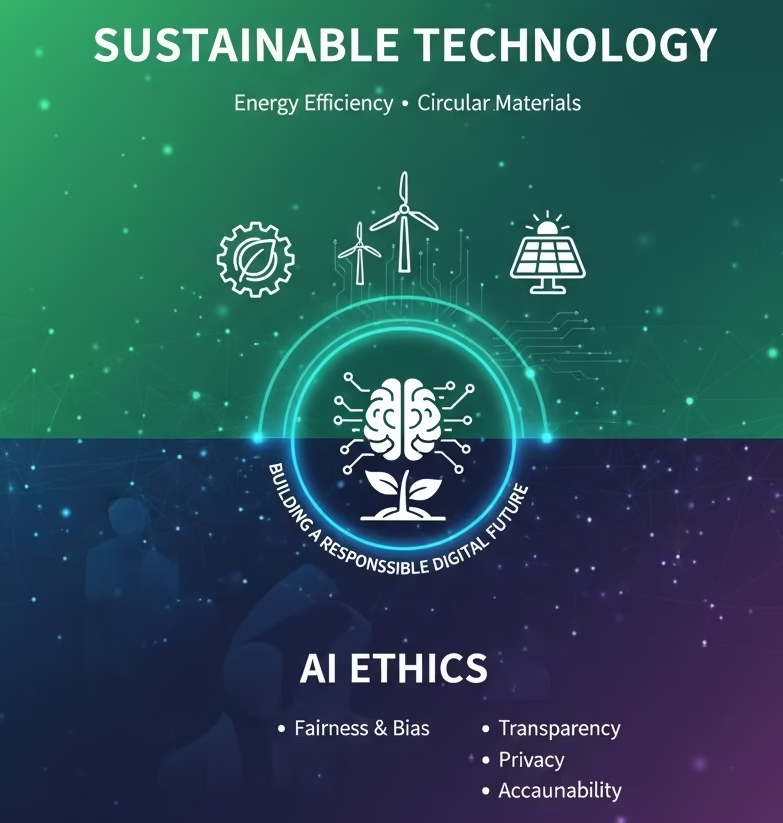
Recycling often feels like a maze with too few pieces. You’re eager to do your part for the environment, yet the regulations shift from one block to another, and before you know it, you’re doubting whether that greasy pizza box or shampoo bottle is headed for the blue cart or the garbage. The bright spot? With a bit of insider information, recycling can be straightforward, efficient, and even somewhat gratifying.

Let’s begin with basics. Most curbside recycling systems, such as Hillsborough County’s, will take clean and empty plastic bottles and containers (with the lid still on), aluminum cans, glass jars, dry cardboard and paper, and milk or juice boxes. Clean is the operative word food on them is the recycling system’s worst enemy. Sticky, greasy, or wet means it’s trash-bound. Cardboard boxes must be flattened, and pizza boxes are okay so long as they’re not oily or cheesy.

But not all that appears to be recyclable is actually recyclable. Plastic bags, for instance, are infamous for clogging recycling equipment. They shouldn’t go in your curbside bin, but many supermarkets have designated bins for them. The same goes for plastic wrap, tarps, and film. Other items to watch out for include shredded paper (which can’t be sorted properly), tissue and toilet paper, and anything wet or dirty.

Hardback books are another tricky item. They’re not typically accepted in standard recycling bins due to their binding and glue, but local libraries or donation centers often welcome gently used copies. Always think about reuse before recycling or trashing what can be donated instead of dumped?

And then there are the ne’er-do-wells the seemingly innocent items that can create giant headaches. Electronics, batteries, and light bulbs must never go into your recycling cart. These require special handling due to the hazardous or valuable materials inside. Many counties, like Mecklenburg, offer full-service drop-off centers for these items.

Household chemicals, old paint cans, propane cylinders, and fluorescent bulbs fall under hazardous waste and should be brought to designated facilities. Improper disposal of these items can lead to environmental contamination and even safety risks for waste workers and recyclers.

Some items simply don’t belong in recycling at all, no matter how much you want them to. Diapers, food scraps, rubber products, and oversized plastic toys are destined for the trash. Likewise, ceramics, mirrors, and windows can’t be recycled with glass bottles consider donating them if they’re in good shape, or safely dispose of them if broken.

Yard debris should be treated separately from your household recyclables. Most municipalities have seasonal pickup programs or dedicated drop-off spots for leaves, branches, and grass clippings. These materials are usually composted rather than trashed, contributing to nutrient-rich soil for community gardens and parks.

If you have bulkier items like furniture, scrap metal, or cooking oil, drop-off centers are your go-to resource. Places like Mecklenburg County’s full-service centers or Hillsborough’s Community Collection Centers are designed to handle these materials responsibly. Just make sure to sort your items mixed loads may result in extra fees or rejection.

The goal is to recycle smarter, not harder. Avoid bagging recyclables, keep them clean and dry, and don’t rely on “wish-cycling.” A simple system at home marked bins and a cheat sheet of local rules can make the process seamless. A little knowledge goes a long way toward making your efforts count for both the planet and your peace of mind.
